Genomics
Advances in the technology to read people’s DNA have made it so much faster and cheaper that we can now read the genetic code of many different genes at once, increasingly by sequencing the entire genome of a patient or their cancer.
Comparing a genome sequence from a tumour cell with one from a healthy cell allows our researchers to pinpoint the genetic changes that are involved in causing cancer, helping us to create new and improved treatments. We can also learn about genetic changes people inherit which may increase their risk of cancer, and this can lead to new ways of preventing the disease.
This page highlights recent news stories, blog posts and videos that concern the use of genomics technologies in cancer research.
Related pages
Recent stories on genomics technologies in cancer research
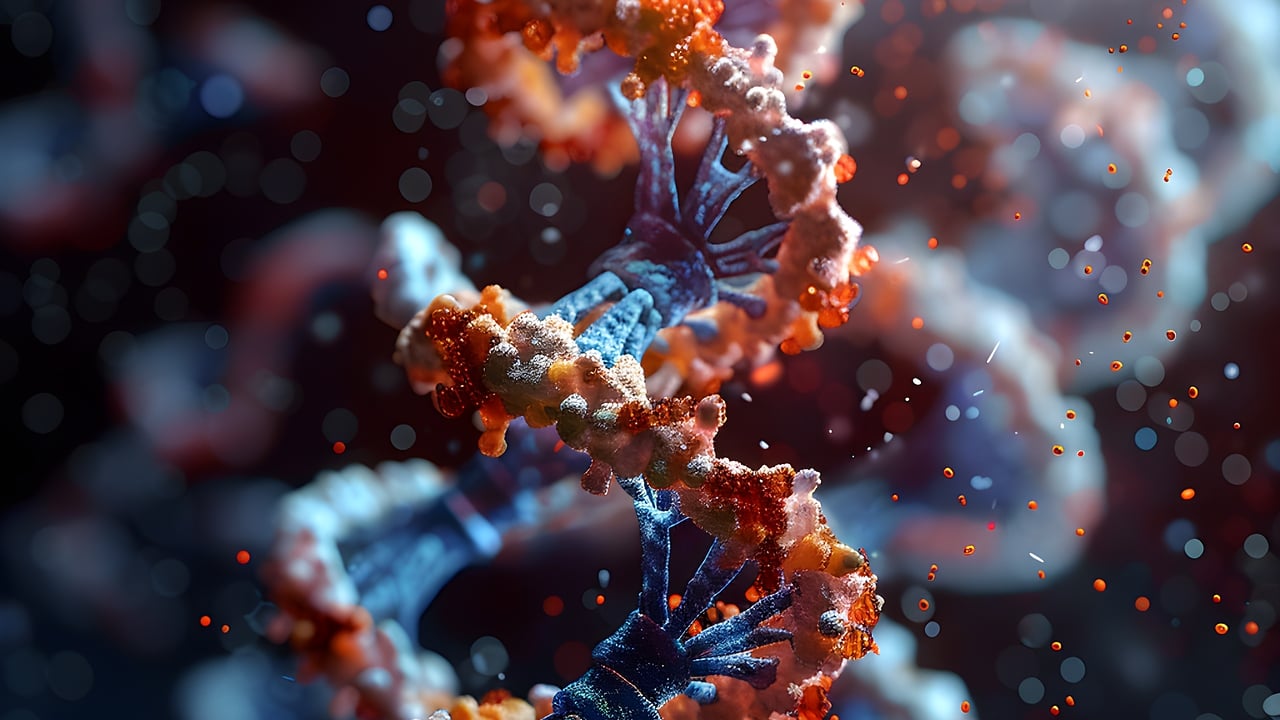
Large-scale study confirms well-established cancer risk factors and identifies new ones
Researchers have examined thousands of genetically defined traits to identify possible causal relationships for eight common cancers.
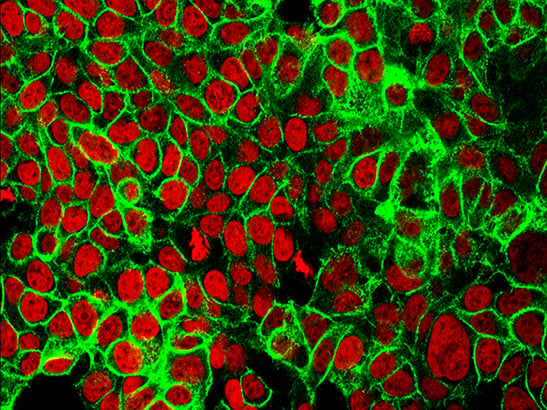
Ground-breaking study reveals previously unknown genetic causes of colorectal cancer
Cancers develop partly through genetic abnormalities within cells of the body. Colorectal cancer is a major cause of death worldwide, but we don’t yet have a full understanding of the genetic changes that cause it to grow. New research – published today in Nature – delivers an unprecedented view of the genetic landscape of CRC and its responses to treatment.
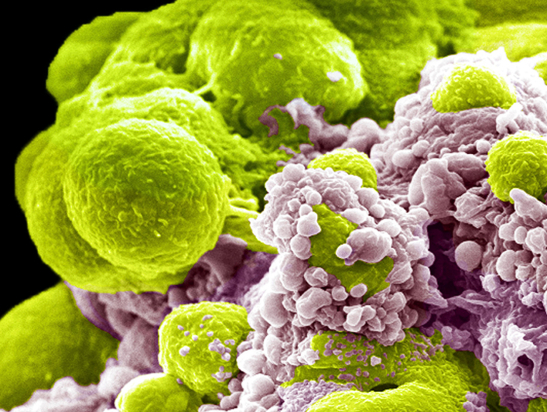
New tool combining evolution and AI predicts prostate cancer recurrence more than a decade ahead
Combining the principles of evolution with artificial intelligence (AI), scientists have proposed a new way to predict the chance of prostate cancer returning. In a recent study, they harnessed computational methods to capture specific tumour measurements relating to the tumour’s ability to change over time. They then showed that these measurements correlate with disease recurrence more than a decade after the initial diagnosis.

Epilepsy drug could keep chemotherapy for stomach cancer working for longer
Cancer’s resistance to chemotherapy could be reversed by targeting lactate – the product that builds up as cancer cells convert nutrients to energy – according to new research.

Lynch syndrome: First national NHS patient database of genetic condition aims to prevent cancer
A new database of all patients with Lynch syndrome aims to improve treatment and prevention for those at high-risk of cancer.
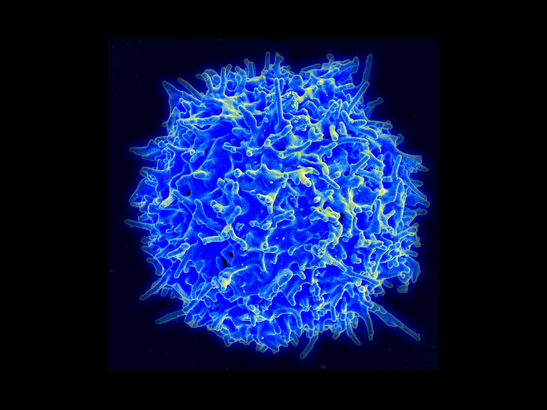
New technique opens up study of immune response to cancer by releasing precious material locked in old archive cancer samples
Scientists have developed an improved technique for reading the genetic material associated with the body’s immune response to cancer, making it possible to study tissue samples that have been stored in archives for decades.

We must not rush to implement new genetic screening programmes, experts warn
There is a danger that population genetic screening programmes may be introduced without the necessary scrutiny and rigour that is usually applied when screening programmes are put into effect, experts have warned.
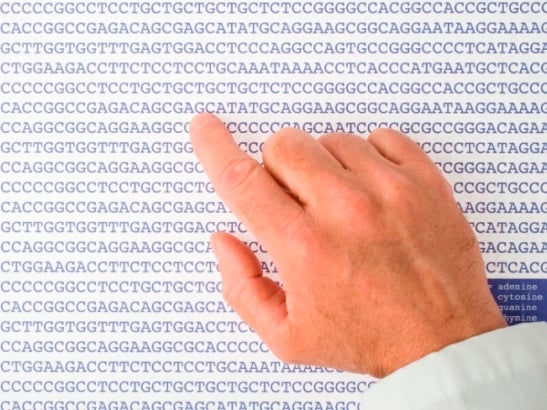
Scientists uncover key mechanism linking DNA replication to cancer
Researchers have gained a clearer insight into how common alterations to the structure of DNA affect the process of DNA replication.